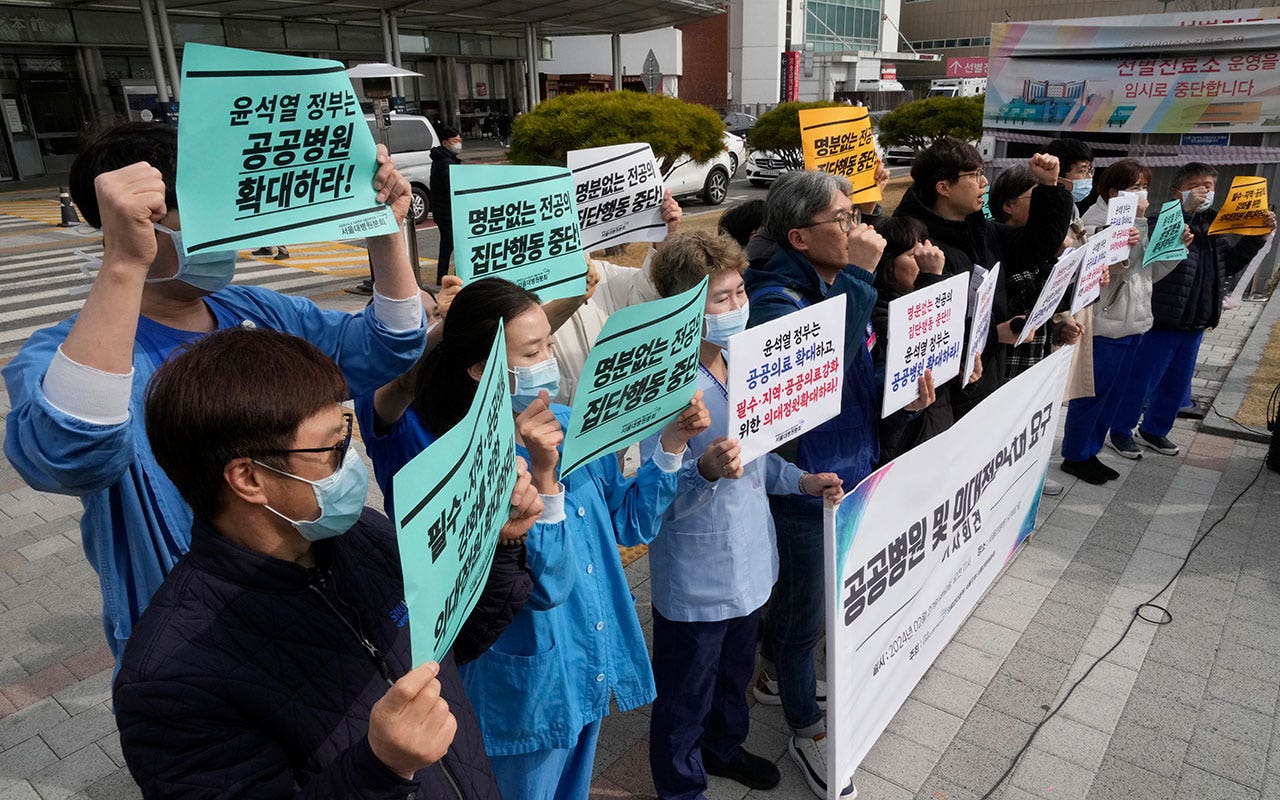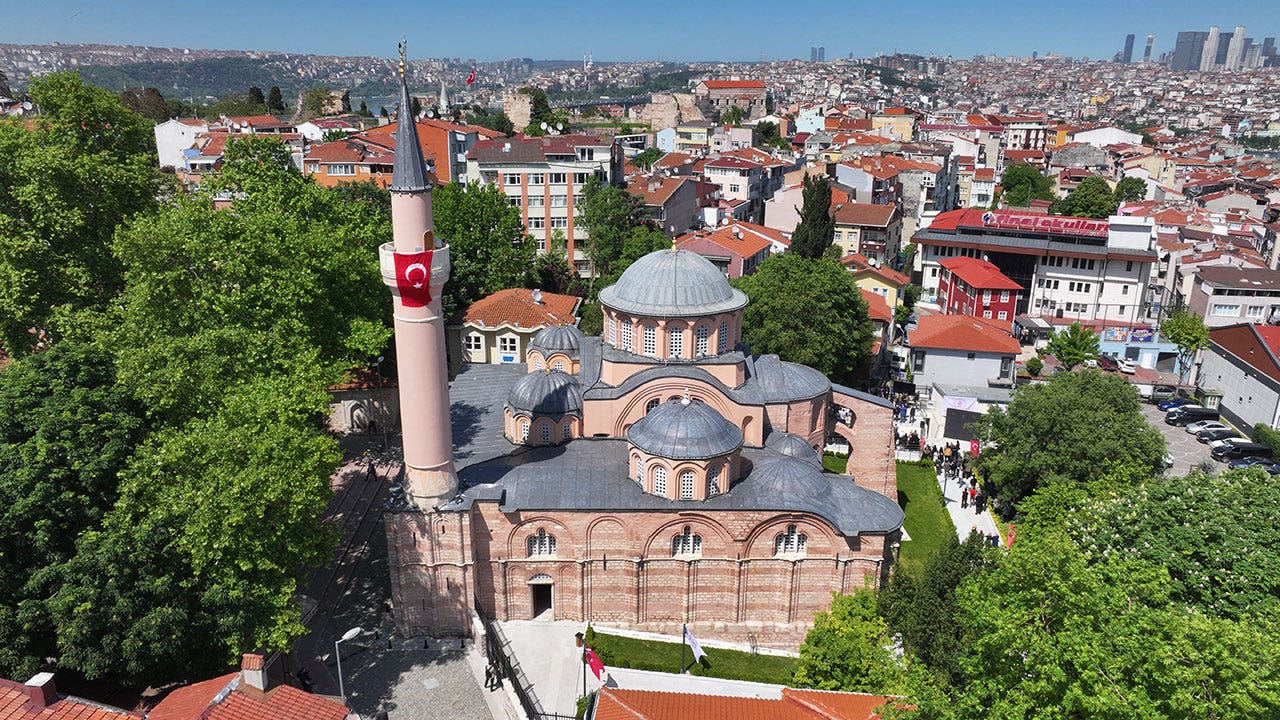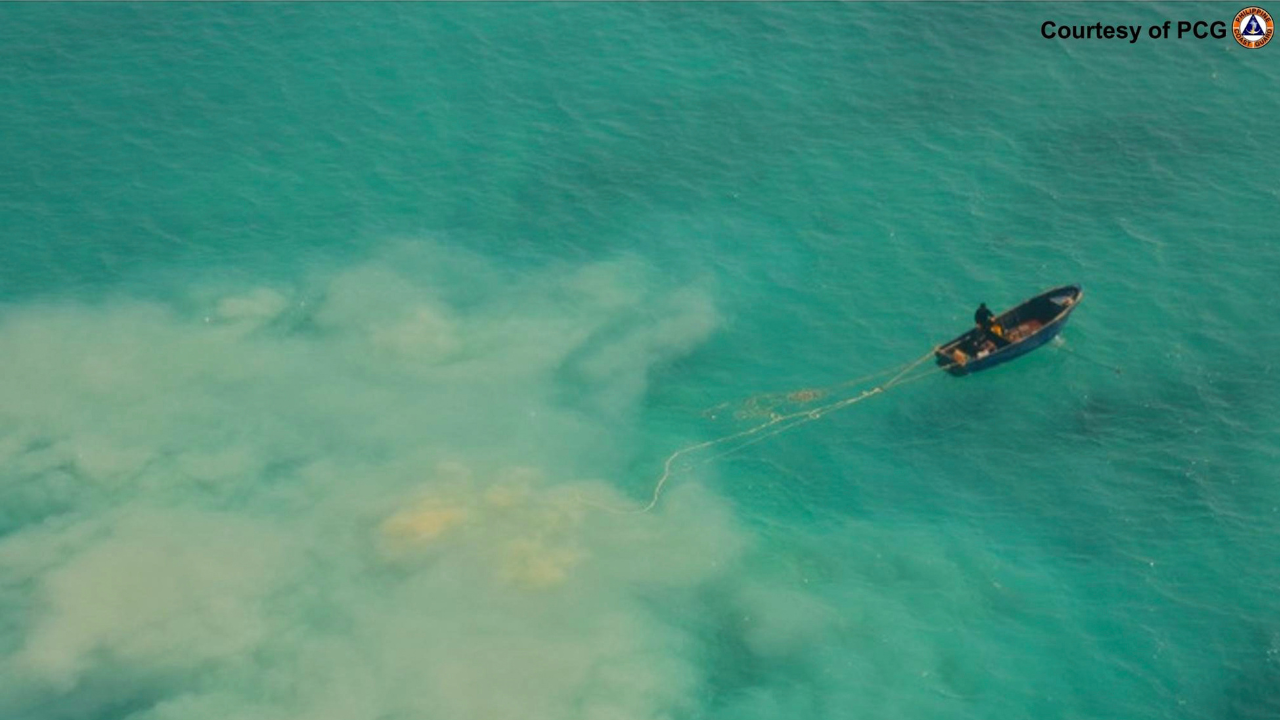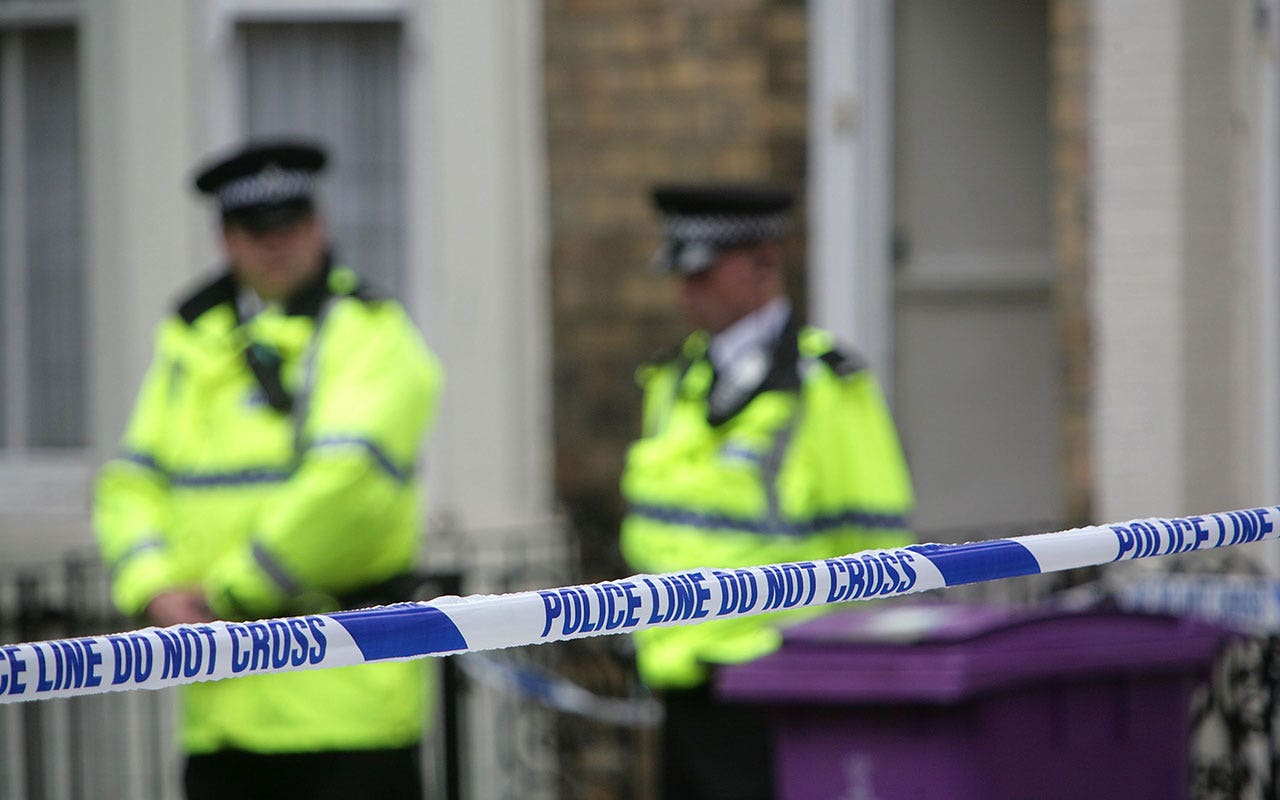Only a trickle of aid managed on Monday to reach the desperately hungry people of the northern Gaza Strip, where the United Nations has warned that hundreds of thousands of Palestinians face a growing threat of famine after nearly five months of fighting and blockade.
Fifteen trucks were dispatched overnight to northern Gaza as part of a relief effort involving Palestinian businessmen, according to COGAT, the Israeli military body that regulates aid to the Palestinians. But at least five of those were looted along the way, according to an Israeli official who was not authorized to comment publicly, and so spoke on condition of anonymity.
It was unclear exactly how many of the trucks reached their intended destination, Gaza City’s Zeitoun neighborhood. Izzat Aqel, a Palestinian businessman involved in the operation, said he aimed to send another 30 trucks with food relief to northern Gaza on Monday night.
Aid officials have warned that Palestinians in Gaza could be on the brink of famine unless relief is substantially stepped up, with over 500,000 people already facing a dire lack of food. One in six children under the age of 2 in Gaza is acutely malnourished, according to the United Nations. Tedros Adhanom Ghebreyesus, the director general of the World Health Organization, said visits to hospitals in the north by agency officials — the first since early October — found severe levels of malnutrition and “children dying of starvation.”
The dire conditions have prompted crowds of desperate people to swarm aid trucks and contributed to a bloody scene last week, when Israeli troops opened fire on Palestinians who had gathered en masse around a convoy of trucks that had entered northern Gaza. Over 100 Palestinians were killed, many by gunfire, according to Palestinian health officials. The Israeli military said the troops had fired on members of the crowd who approached them in a threatening manner and attributed most of the deaths to a stampede around the convoy.
In the wake of the bloodshed at the convoy, Israel has faced even greater international pressure to facilitate more aid for Gazans, particularly in the north.
“We’re continuing to push hard for more trucks and routes to get more aid to people,” President Biden wrote on social media on Monday. “There are no excuses. The aid flowing into Gaza is nowhere near enough — and nowhere fast enough.”
On Sunday, the United States made airdrops of food into Gaza for the first time.
Since October, Israel has told the population of northern Gaza, home to more than a million people, to flee the fighting and head southward. But many remained, though the Israeli invasion began in northern Gaza, and some who evacuated have returned.
The area has been devastated, with many buildings destroyed, and Israeli forces have effectively toppled much of Hamas’s governing structure, leaving widespread chaos and lawlessness.
All of the aid trucks entering Gaza have gone into the south, with only a few continuing on to the north.
Despite the spiraling humanitarian crisis, Israel has maintained tight restrictions on aid to Palestinians in Gaza. Israeli officials have closely scrutinized trucks bearing desperately needed food and relief at the Kerem Shalom crossing, which aid officials have labeled one key bottleneck. Israel says the inspections are necessary to prevent aid from reaching Hamas, the Palestinian armed group which Israel seeks to root out in Gaza.
A day after Israeli officials said 277 trucks — an unusually large number — had been allowed into Gaza over the previous 24 hours, Juliette Touma, the director of communications for UNRWA, the U.N. agency for Palestinian refugees, said 140 aid trucks entered Gaza through the Kerem Shalom crossing on Monday.
The spike in relief entering showed “when there’s a political will, there’s a way,” she said, but declined to say whether it meant that Israel had loosened its restrictions. The increase in aid shipments was still far beneath what was needed to mitigate the sickness and hunger menacing many Gazans, she added.
U.N. officials have said the current system must be overhauled in order to mitigate the unfolding disaster. Both UNRWA and the World Food Program have suspended their operations in northern Gaza, citing both Israeli refusals to authorize convoys and their inability to protect cargoes from being seized by desperate Gazans amid the anarchy.
In conversations with their Israeli counterparts, U.N. officials have agitated for Israel to open up a crossing that would allow them to ferry aid directly into northern Gaza, avoiding the perilous southern routes, Jaime McGoldrick, the U.N. humanitarian chief in Jerusalem, told reporters last month.






